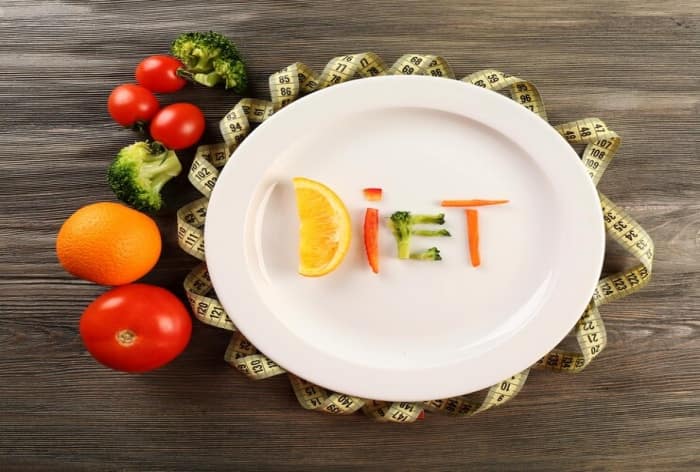The latest diet trend is the OMAD diet – One Meal a Day. But how healthy is it really? Read on to know more about this trend.

It is not just fashion that creates trends every other day. Fitness and health too have new fads. The latest one on the block is OMAD diet – One Meal a Day. Sounds similar to intermittent fasting? But is not. This diet claims to help with weight loss by leading one towards low-calorie consumption. This diet is a practise wherein people have one window in the day to have a proper meal. But how healthy is it? Can it really help with weight loss?
OMAD diet requires one to have a single proper meal to restrict calorie intake and one may have quick healthy snacks in between but it has to be done with proper portion control. Dietary choices may differ from person to person and depending upon the bodily requirements of the individuals.
Every coin has two sides and so do these trends. Hence, it makes it all the more important to have as much knowledge and awareness one can muster about things. Here are a few benefits and risks one may experience when following an OMAD diet.
Benefits of OMAD Diet
- Weight Loss: This diet helps to create a calorie deficit that helps with quick weight loss.
- Reduces High Cholesterol: OMAD fasting also helps in managing cholesterol levels. It helps to lower inflammation, and the food choices help to lower risk of LDL.
- Calorie Deficit: In this diet, the body gets a limited time frame to process all the nutrients and calories. Hence, the body resorts to already reserved fat for providing energy for the. This leads to a process called ketosis where the body burns fats to synthesise energy and not carbs. It helps to control appetite and aids fat loss eventually.
Health Risks of OMAD diet
- Nutritional Deficiency: One important aspect to look into is the nutrition part. OMAD diet may lead to nutritional deficiencies. The one meal that is consumed, should be inclusive of a balanced amount of protein, fibre, wholegrains, healthy fats, etc.
- Weak Immunity: Nutritional deficiency will further lead to weakened immune function making one more vulnerable to developing or catching health issues.
- Uncontrollable Cravings: When one fast for nearly 23 hours, it can make you more prone to sudden cravings that may lead to overeating.
- Not so sustainable: Extreme diets require proper dedication, willpower and consistency. Restricive eating can be challenging to maintain and might to lead unhealthy means to food habits.
There is not enough research and studies that can guarantee the impact of this fad diet. While it may help to drop kilos quickly, sustainability remains a question. For weight loss, it os always recommend to take the organic routine. It takes time, and patience but is healthy and more sustainable. Before embarking on these diet, it is better to consul professional to better chart out course of action and help with having a balanced meal.

